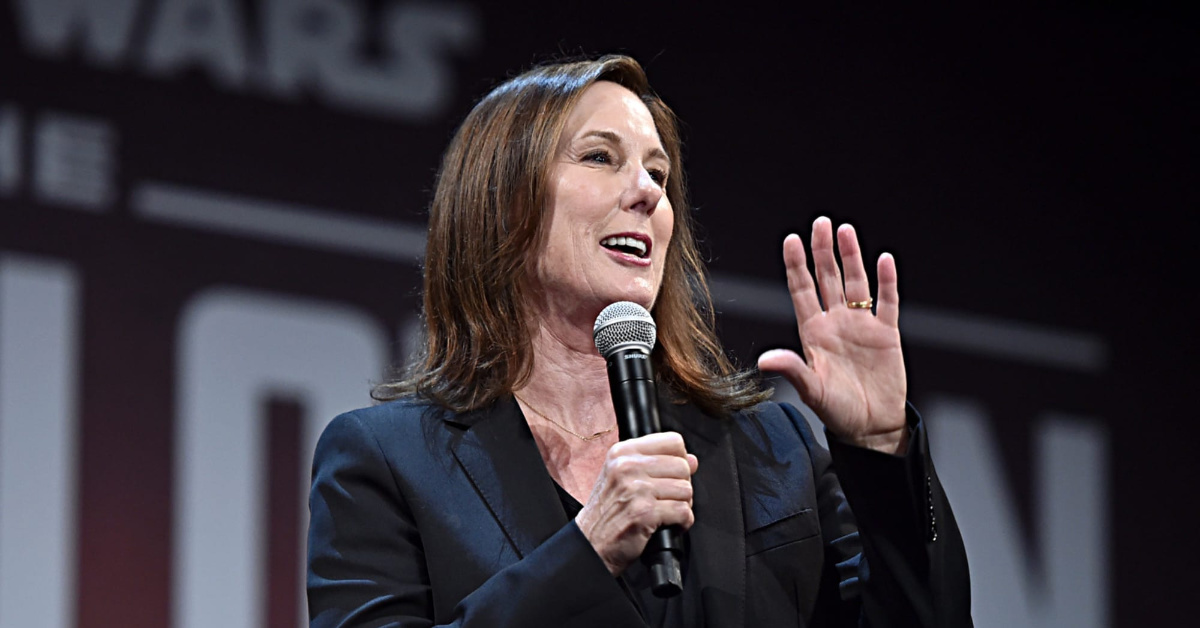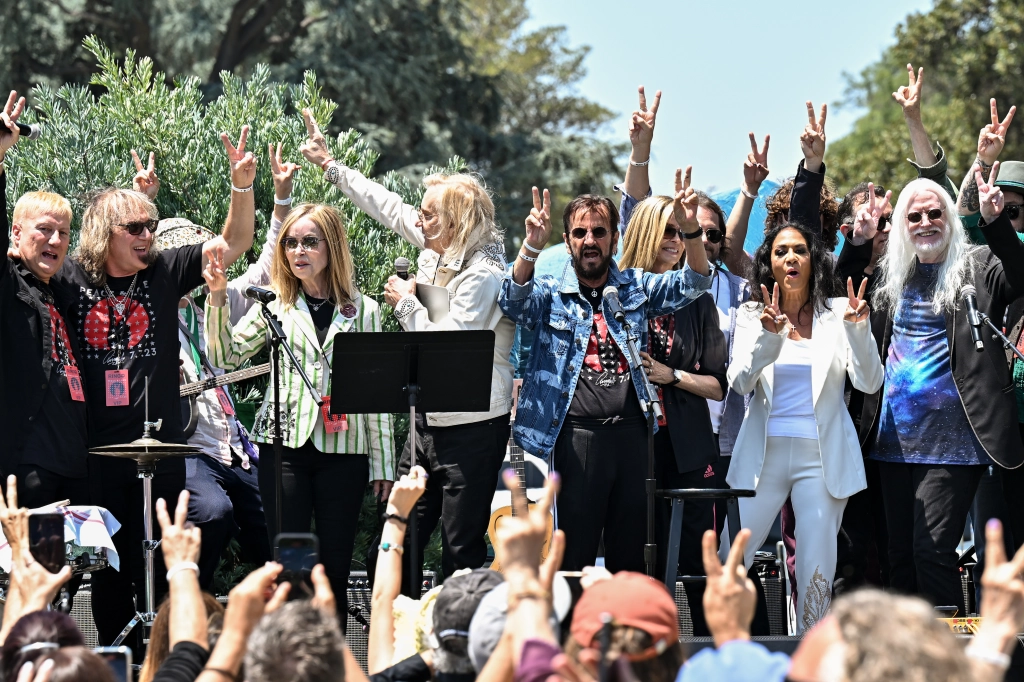Dozens of major U.S. corporations have compensated their top executives more than they paid in federal taxes between 2018 and 2022, according to a recent analysis by the progressive Institute for Policy Studies (IPS) and Americans for Tax Fairness (ATF).
This analysis comes amid President Biden’s proposal to increase the corporate tax rate to 28 percent, a raise from the 21 percent rate established in 2017 under the Tax Cuts and Jobs Act by his predecessor, former President Trump. The IPS and ATF study aims to draw a connection between the generous compensation packages provided to top executives by large corporations and the lower tax rate instituted during the Trump administration.
The analysis reveals that 64 companies paid their top five executives more than they paid in federal taxes during at least two of the five years under review. Among these companies, 35, including well-known names like Ford and Tesla, compensated their top executives more than their total tax payments over the entire five-year period.
The combined compensation for executives at these 35 companies amounted to $9.5 billion over the five-year span, while their collective federal income taxes tallied at negative $1.8 billion, as per the analysis.
David Kass, executive director of Americans for Tax Fairness, remarked, “Both kinds of corporate misbehavior — underpaying taxes and overpaying executives — ultimately make working families the victim through smaller paychecks and diminished public services.”
Many corporations utilize various tax breaks and loopholes to pay lower tax rates than those established under the Trump tax bill. According to a 2022 analysis by the Government Accountability Office, the average effective tax rate for major, profitable companies declined to 9 percent in 2018 from 16 percent in 2014.
Biden’s proposal, which also seeks higher taxes on individuals with net worth exceeding $100 million, faces challenges in passing the Republican-controlled House. The plan has drawn criticism from the U.S. Chamber of Commerce, a significant pro-business lobbying group, which spent nearly $70 million on federal lobbying in 2023.
Neil Bradley, the organization’s chief policy officer, criticized the analysis, stating that it appears to be driven by a political agenda and a misunderstanding of the tax system. He emphasized that companies pay taxes on profits after expenses and that reinvesting earnings into endeavors like new plants or higher wages can reduce taxable profits.
Taxation of wealthy corporations and individuals is expected to be a central issue in the upcoming presidential election, with many provisions of the 2017 tax law set to expire in 2025. In his recent State of the Union address, Biden reiterated his intention to raise the corporate tax rate to ensure that “every big corporation finally begins to pay their fair share.”


















































































